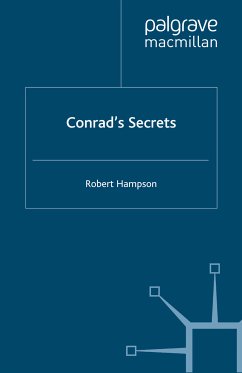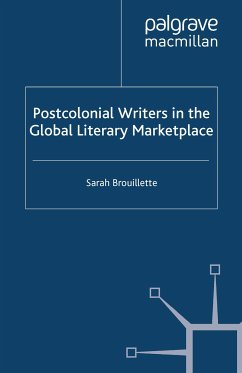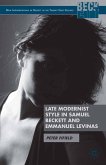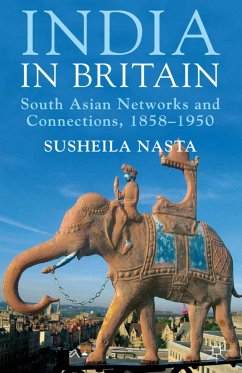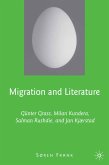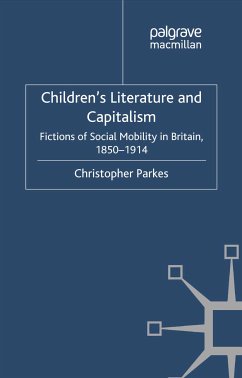Dieser Download kann aus rechtlichen Gründen nur mit Rechnungsadresse in A, B, BG, CY, CZ, D, DK, EW, E, FIN, F, GR, HR, H, IRL, I, LT, L, LR, M, NL, PL, P, R, S, SLO, SK ausgeliefert werden.
"Maintaining scrupulous attention to what can be suggested and what can be proved, Hampson is admirably restrained in his biographical readings of the fiction despite the wealth of historical and biographical information that he brings to each chapter. The result is an informative volume that also tantalises the reader with suggestions of further lines of inquiry to be pursued. Conrad's Secrets will be of interest not only to Conrad scholars old and new but also to anyone interested in the relationship between cultural history and turn-of-the-century fiction." Katherine Isobel Baxter, Literature & History
"Arguably the most striking and inventive contribution to Joseph Conrad scholarship in 2012 was Robert Hampson's Conrad's Secrets. Hampson addresses with formidable acuity various encrypted traces relevant to Conrad's narrative undertaking: he argues that Conrad is drawn to tropes of the clandestine, the obscured, and the covert in maritime, medico-legal, civic, and urban annals. Hampson situates outlaw, dispersed, or forgotten textual legacies as a vital interpretative lens through which to gauge Conrad's fictional obsession with dissident human drives, longings, and subterranean impulses. This reviewer admired the historical formalist emphasis which Hampson brings to bear on tangled issues of policing 'boundaries' between the civilized and the aberrant, the decorous and the barbaric, in The Secret Agent (pp. 73 101). Moreover, enthusiasts seeking new insight into Conrad's uneasy role as a 'writer of World War I fiction' (pp. 176 88) will find much to ponder in Hampson's compelling seventh chapteron 'Naval Secrets' (pp. 176 204)." Year's Work in English Studies

